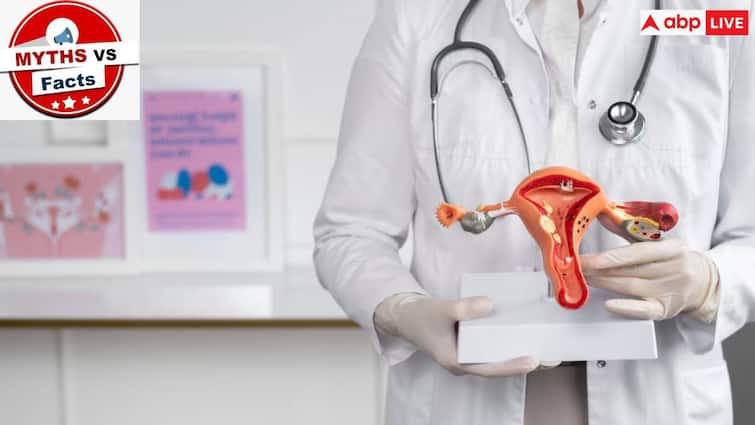New work is being done every day in the medical field. Cervical cancer is one of those cancers for which treatment is possible. If cervical cancer is detected in time, its treatment is possible. One of the most important things is to understand the link between cervical cancer and HPV. According to the news published on India TV, Dr. Rupinder Sekhon, Chairman of Gynecology Department at Artemis Hospitals, said that everyone should know these things about the link between cervical cancer and HPV.
1. HPV causes cervical cancer
Almost all cases of cervical cancer are caused by HPV infection. HPV is a common sexually transmitted infection and unlike most infections, it goes away on its own. This can cause changes in cervical cells that can lead to cancer.
2. Not all strains of HPV are dangerous
There are more than 200 types of HPV. While some produce warts. Only 14 high-risk types are associated with cervical cancer. HPV-16 and HPV-18 are primarily responsible for approximately 70% of cervical cancer cases worldwide.
3. Most cases can be prevented by vaccination
The HPV vaccine provides protection against the most dangerous strains of the virus. Due to which the risk of cervical cancer significantly decreases. It works most effectively when given before exposure to HPV. Especially in adolescence.
4. Cervical cancer can be prevented to a large extent through regular check-ups.
Regular checkups help a lot in preventing cervical cancer. Pap tests and HPV tests can detect precancerous changes in the cervix. This facilitates rapid detection and subsequent timely treatment. Women should begin regular checkups in their early 20s or as recommended by their doctor.
5. HPV is very common
Most sexually active people are likely to contract HPV at some point in their lives. But most of them will never experience symptoms. A strong immune system can usually clear the virus on its own within two years.
6. Risk of this cancer increases due to lifestyle
If you smoke and continually take birth control pills, it is not 100%, but it is also true that your daily life increases the risk of this disease. HPV infection can increase the risk of developing cervical cancer. Adopting a healthy lifestyle can reduce this risk.
Birth control pills slightly increase the risk of breast cancer. But it reduces the risk of ovarian and uterine cancer. The birth control pill is an effective way to prevent pregnancy (birth control). Your doctor can prescribe the pill for you and help you decide what is right for you. Remember that there are other factors that may affect your cancer risk more than the pill.
What is a birth control pill?
The birth control pill is also known as the “pill”. This is the United Kingdom. A common method of birth control in the United States Birth control pills are taken orally to prevent pregnancy. Hormones in the body control the menstrual cycle (period). The pill prevents pregnancy by changing the levels of these hormones. There are two main types of birth control pills. Which you can find out more about on the NHS website. This pill contains 2 hormones. Estrogen and progestin.
Also read:Who takes the life of fireflies, why is their existence in danger?
The mini pill (also called the progestin-only pill or POP). This pill contains only progestin. Other types of hormonal contraceptives are also available. There is very little evidence about them and the risk of cancer. Your GP can give you more information about the different types of contraception.
Disclaimer: Some information given in news is based on media reports. Before implementing any suggestion, you should consult the relevant expert.
Also read: You are taking pills to sleep, stop immediately or you will lose your kidneys and liver.
Check out the health tools below –
Calculate your body mass index (BMI)
